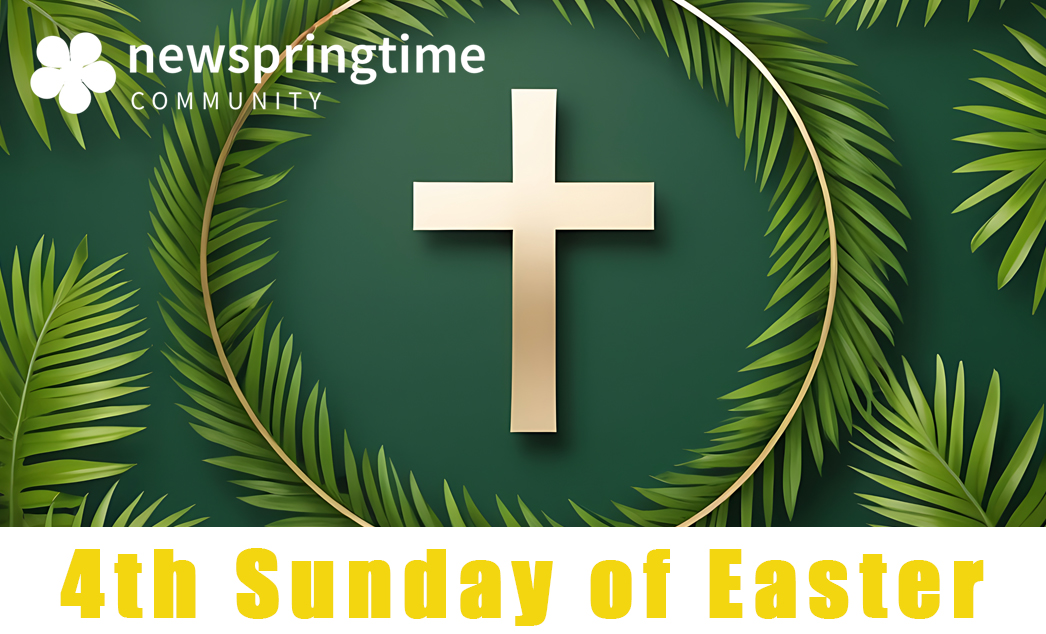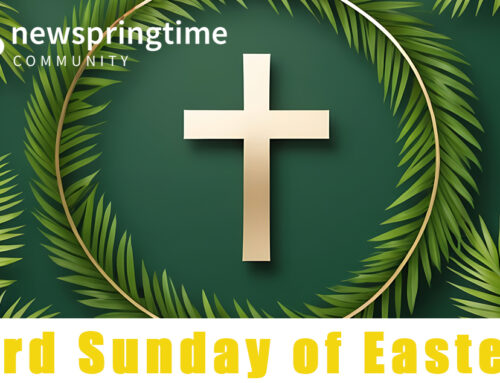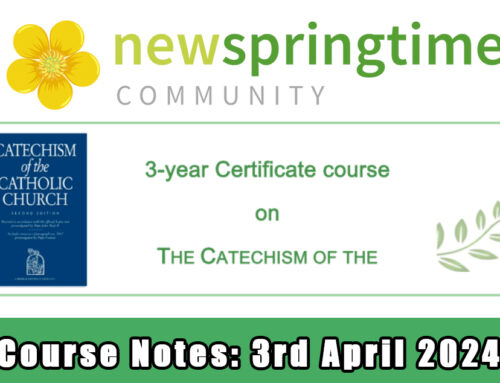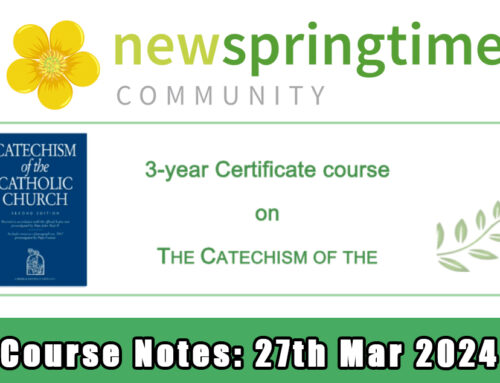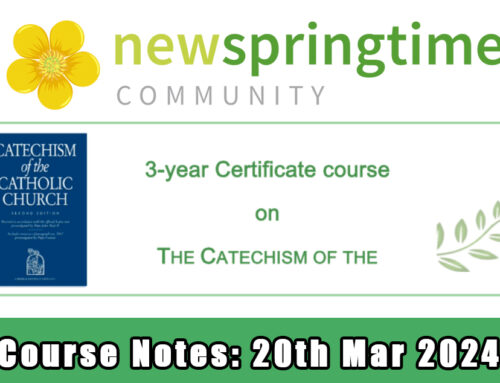If you would like to download a copy of this notes in PDF, please click here
Commentary 4th Sunday of Easter 2024
Jn 10:11-18 constitutes a short parable. In verses 1-5 the shepherd was opposed firstly to the thief and the bandit, then to the stranger. Now a second theme is developed: the hired hand runs away, vv. I2-I3. New aspects are introduced. The wolf who attacks the sheep and scatters them takes over the negative function of the thief and the bandit. Jesus identifies himself with the good shepherd, in contrast to all those who in Israel did not behave as such. In Ezek 347-10 we read, “Now, you shepherds, listen to what I, the Lord, am telling you. As surely as I am the living God, you had better listen to me. My sheep have been attacked by wild animals that killed and ate them because there was no shepherd. My shepherds did not try to find the sheep. They were taking care of themselves and not the sheep . . . I will rescue my sheep from you and not let you eat them.” In Zech 11:7-8 we read, “I became the shepherd of the sheep that were going to be butchered. I took two sticks: one I called “Favour”, and the other “Unity”. And I took care of the flock. I lost patience with three other shepherds, who hated me, and I got rid of them all.”
In contrast to the hired hand, Jesus, the good shepherd has a close relationship with the sheep. As Jesus said, “I know mine and mine know me, just as the Father knows me and I know the Father.” That explains why he is willing to give his life for his sheep, as there is a deep solidarity between him and them. This is expressed with the help of reciprocal knowledge, which had been foreshadowed in vv. 3-4 and which will be described in Jn 15:1-11 as a reciprocal abiding in love. Talk of the good shepherd reminds me of Ps 23:4 which says, “Even if I go through the deepest darkness, I will not be afraid, Lord for you are with me. Your shepherd’s rod and staff protect me.” Apparently when sheep were being led through deep ravines, there was very little light, but the shepherd would protect his sheep in two ways, by warding off prowling wolves with his rod or cudgel, and if a sheep strayed in a way that left it open to danger, the shepherd would hook it with his staff and pull it back to safety. In one of the gospels, it says that the good shepherd is prepared to leave the flock of 99 in order to look for the one stray sheep. Pope Francis has said, half joking and whole in earnest, that nowadays it is likely to be a matter of leaving the one sheep in order to search for the 99 who have strayed! In a sense that is a good image for the new evangelisation which is about sharing the good news about Jesus with those baptized Christians who have drifted away from Church practice, beliefs and ways of acting, in such a way that leaves them vulnerable to the attacks of the evil one, who “is like a roaring lion looking for someone to devour” (1 Pt 5:8).
In Jn:10:16 suddenly the perspective is widened with the reference to ‘other sheep’,
probably an allusion to pagans. In Jn 7:35 we read, “The Jewish authorities said among themselves, “Where is he about to go so that we shall not find him? Will he go to the Greek cities where our people live, and teach the Greeks?” in Jn 11:51-52 we read, “Jesus was going to die for the Jewish people, and not only for them, but also to bring together into one body all the scattered people of God” and finally in Jn 12:20-21 we read, “Some Greeks were among those who had gone to Jerusalem to worship during the festival. They went to Philip (he was from Bethsaida in Galilee) and said, “Sir, we want to see Jesus.”
It is not clear whether the one flock will also be in one sheepfold. Although I don’t know the answer it might be significant in terms of Christian unity. One flock might refer to the fact that all Christians share the kerygma in common, e.g., as it is expressed in the Nicaean Creed. One sheepfold would in all likelihood refer to being united in the one true Church. It seems evident in Joseph Ratzinger’s 2000 AD document, Dominus Iesus that the Lord wants all Christians to be members of the one true Church that only “subsists” in its fullness in the Catholic Church.
In Jn vv. I5, I7, and 18 Jesus’ leadership is anchored in the plan and love of his Father. In v. 18 there is even an allusion to Jesus’ initiative in his future resurrection when he said he had the power not only to lay down his life but also to raise it up again.

